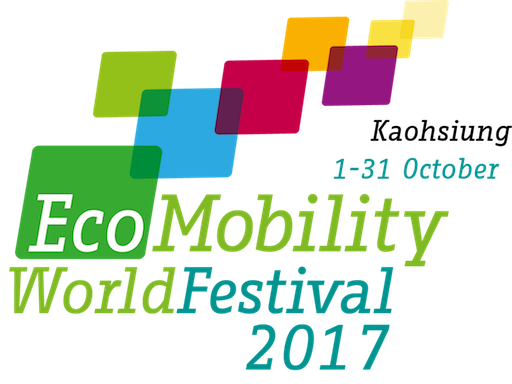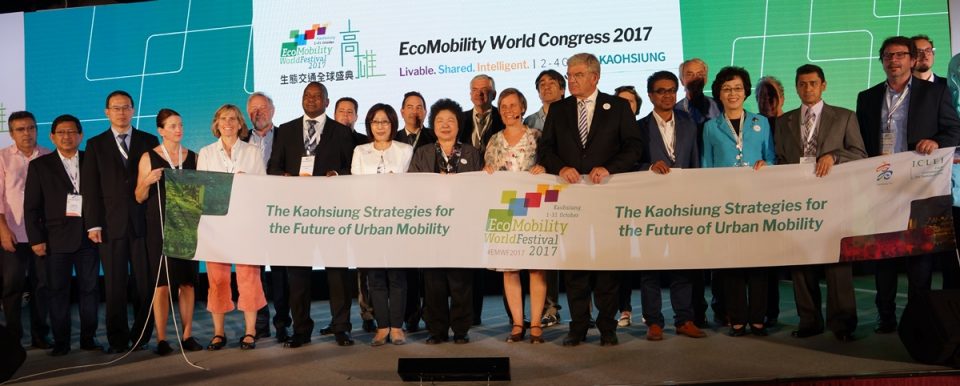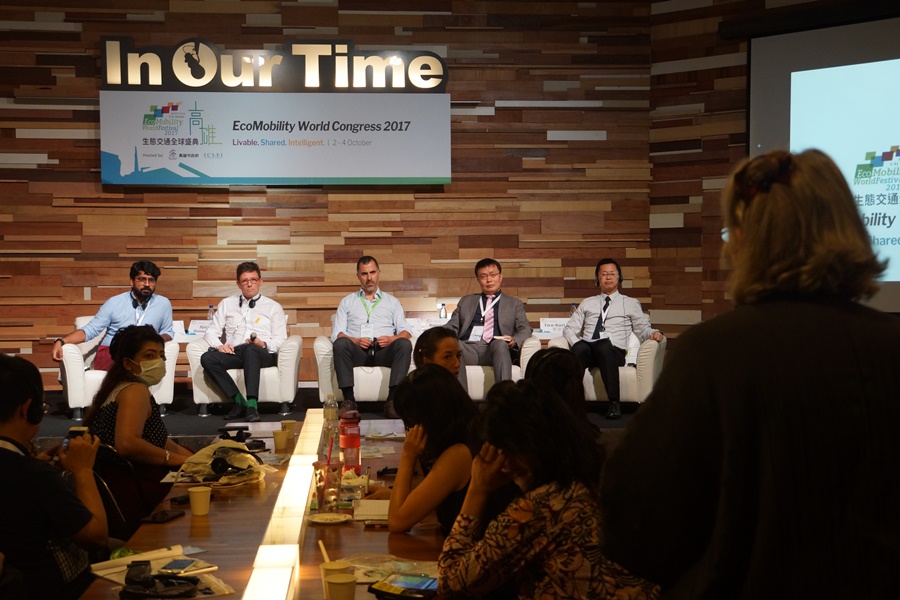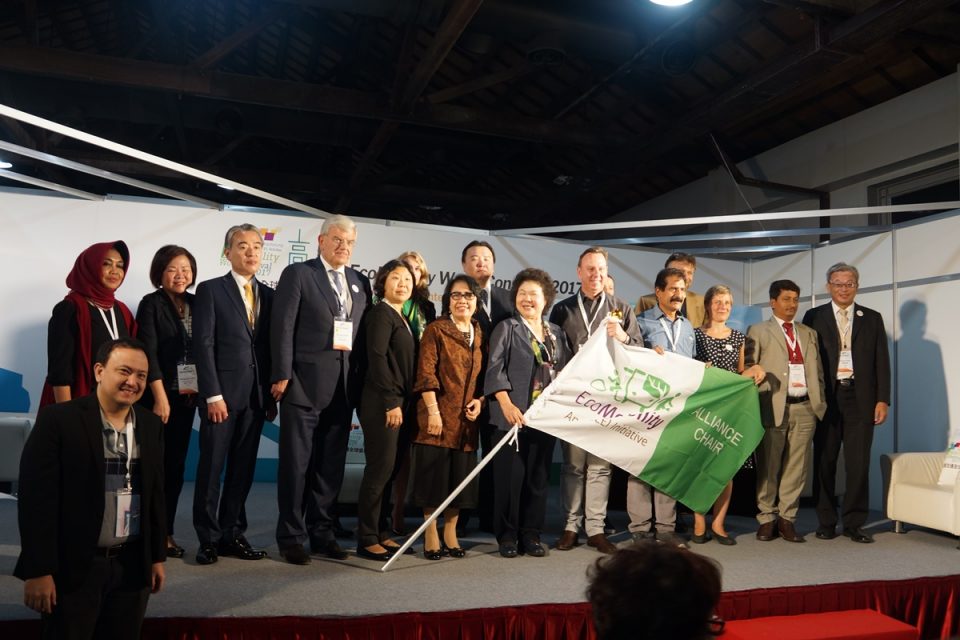Livable. Shared. Intelligent: A platform for ecomobile change
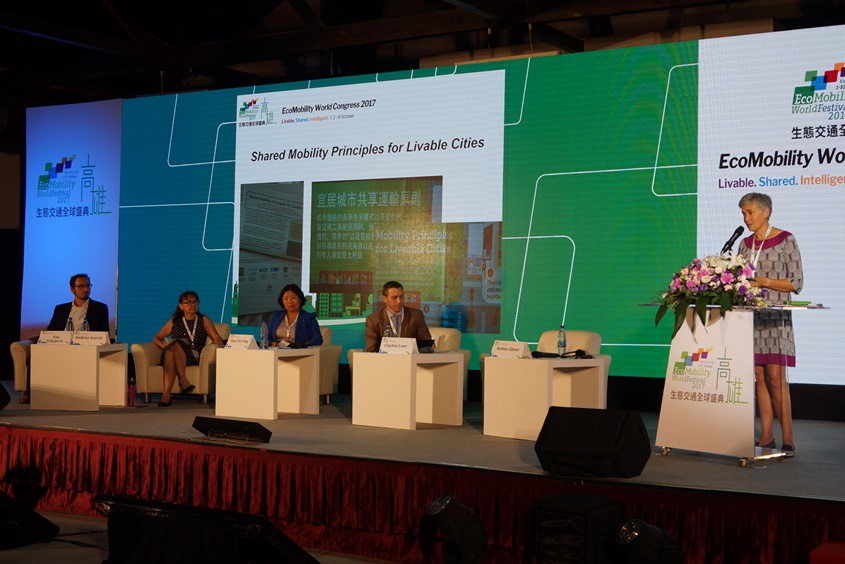
With these key concepts at its core, the EcoMobility World Congress 2017 fostered a positive and engaged energy, encouraging frank debate and discussion, and above all, an earnest desire to learn. All manner of participants, from mayors to researchers and practitioners, exchanged thought provoking ideas and innovative solutions they have employed to make their cities and communities more livable, shared and intelligent.
The enthusiasm of participants was palpable. Sessions ended with vigorous discussion and many lingered in thoughtful conversations with their peers over cake and coffee.
With 1,200 registered participants, the Congress gathered representatives of over 50 cities eager to learn and compare ideas with other cities, experts with research that support city decision-making and private sector representatives with new solutions.
Asian cities from Kaohsiung to Hanoi to Jakarta shared their challenges in curbing pollution in motorcycle-dependent cultures and shared ideas and strategies on how to tackle this problem. Meanwhile, Mayor Emmanuel Serunjoji of Kampala Capital City Authority was on the look-out for arguments and practical solutions that would help him build a case for ecomobility in his city.
The exchange between leaders, researchers and practitioners was especially fruitful. Huey Yee Yoong, who works directly with the Malaysian Government as Vice-President of PEMANDU Associates to implement the National Transformation Program in greater Kuala Lumpur, reflected on this diversity of experience in the closing plenary. When it comes to urban transport “we all begin from different levels. Some of us are in a position to leapfrog. Colleagues from Africa and India for example have the opportunity to not make the same mistakes that have been made before.”
The Congress benefited from its close proximity to the EcoMobility World Festival. Participants saw the challenges and benefits of transitioning to ecomobility playing out in real time throughout the neighborhood of Hamasen. Just a few steps from the Congress venue, the Festival gave a tangible quality to the discussion. Participants could imagine what this same transition might look like in their own cities and communities, seeing while it might not be easy, it is possible and the benefits far outweigh the costs.
The opportunity to enter the neighborhood and interact with the residents of Hamasen made the theme of livable cities all the more real. Throughout the Congress, this theme became a red thread as participants began to reshape their understandings of transport, focusing in on people-centered mobility – and ways to get there through shared transport options and effectively managed new, more intelligent technologies.
Now, this diverse group of participants will return home to their own communities equipped with new ideas, tools and experiences.
At the closing plenary, Mayor Suzanne Jones of Boulder thanked everyone in the room saying, “I come away totally inspired… I’m going to go home and make sure that the future is electric and shared.”
